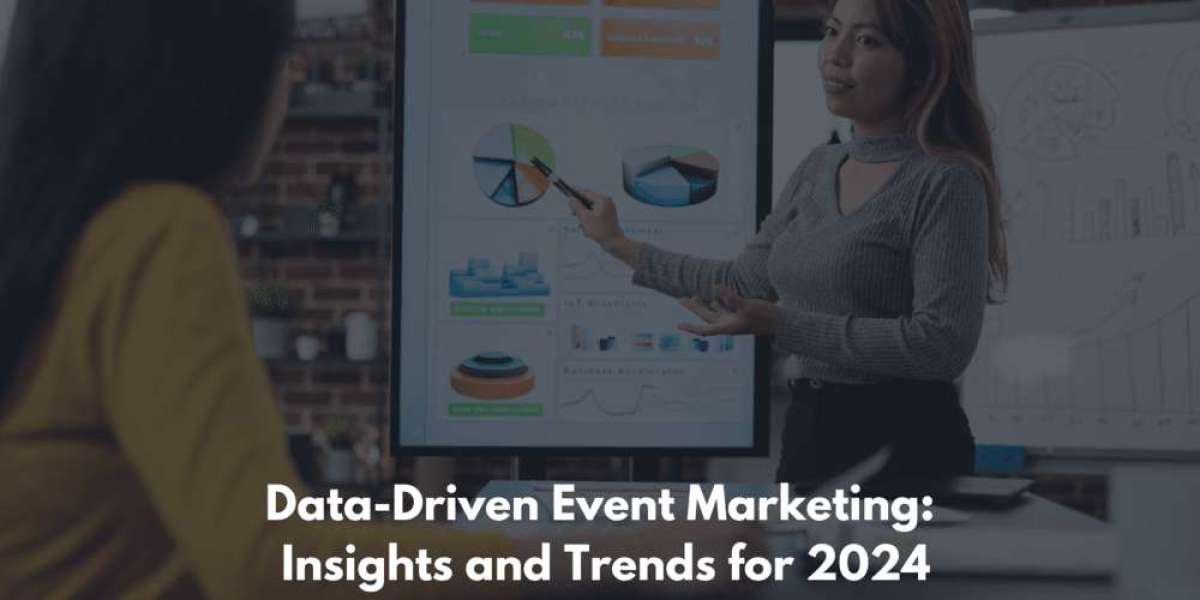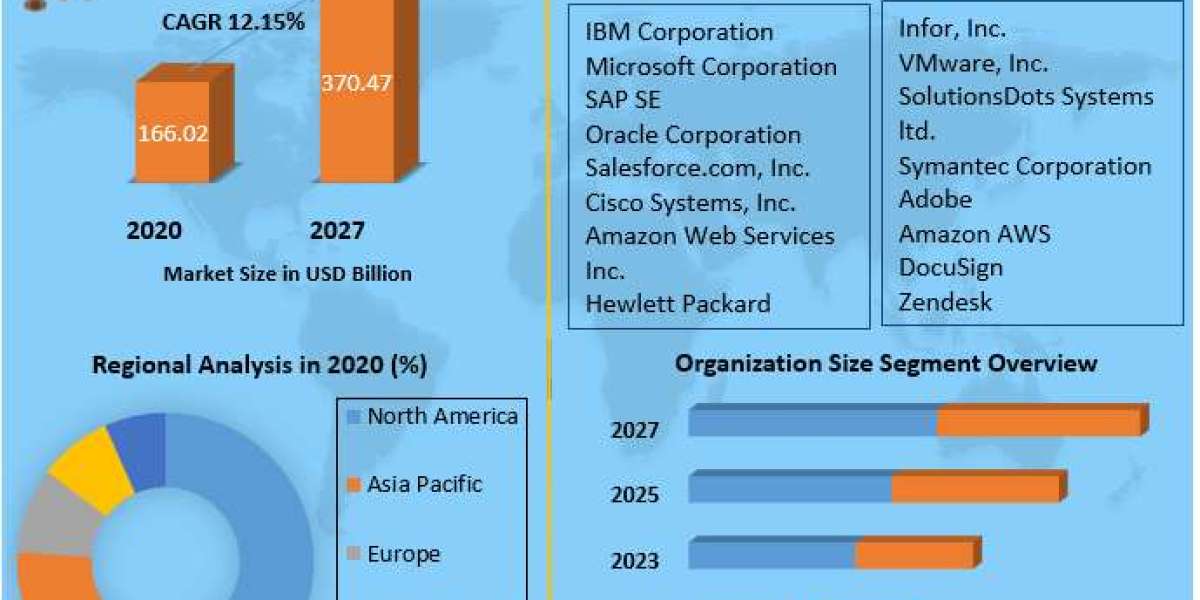As the landscape of event marketing evolves, the integration of data analytics has become a critical driver of success. In 2024, leveraging data to inform and optimize event strategies is not just a trend—it's a necessity. With the vast amount of information available, marketers can gain valuable insights into attendee behavior, preferences, and engagement, allowing them to create more personalized and impactful experiences. This blog will explore the key data-driven event marketing trends and how infotech advancements are shaping the future of the industry.
The Importance of Data in Event Marketing
Data-driven marketing involves using data analytics to guide decision-making processes, enhance marketing strategies, and measure outcomes. In the context of event marketing, this approach enables organizers to understand what resonates with their audience, optimize their efforts, and achieve better results.
1.Enhanced Audience Understanding: By collecting and analyzing data from various sources, event marketers can gain deep insights into their audience's preferences, behaviors, and pain points. This information is invaluable for tailoring content, activities, and interactions to meet the specific needs and expectations of attendees.
2.Personalized Experiences: Personalization is a key factor in driving attendee engagement and satisfaction. Data-driven marketing allows for the creation of personalized experiences by segmenting audiences and delivering targeted content, offers, and recommendations. For instance, using data from past events, marketers can identify attendees' interests and craft personalized agendas that enhance their overall experience.
3.Optimized Marketing Strategies: Data analytics helps in identifying which marketing channels and tactics are most effective. By tracking metrics such as click-through rates, conversion rates, and social media engagement, marketers can refine their strategies, allocate resources more efficiently, and maximize ROI.
4.Real-Time Adjustments: One of the significant advantages of data-driven event marketing is the ability to make real-time adjustments. By monitoring attendee interactions and feedback during the event, organizers can quickly address issues, adapt their approach, and enhance the attendee experience on the fly.
Key Data-Driven Event Marketing Trends for 2024
As we look ahead to 2024, several data-driven event marketing trends are poised to shape the industry. These trends highlight the increasing role of data and technology in creating successful events.
1.AI-Powered Analytics: Artificial intelligence (AI) is revolutionizing the way event marketers analyze data. AI-powered tools can process vast amounts of data quickly and accurately, uncovering patterns and insights that might be missed by human analysts. These tools can predict attendee behavior, suggest optimal marketing strategies, and even automate certain tasks, freeing up marketers to focus on more strategic activities.
2.Advanced CRM Integration: Customer Relationship Management (CRM) systems are becoming more sophisticated, allowing for deeper integration with event marketing platforms. This integration enables marketers to have a comprehensive view of attendee interactions across various touchpoints, from initial registration to post-event follow-ups. With this holistic view, marketers can craft more effective and personalized campaigns.
3.Enhanced Data Security and Privacy: With the increasing reliance on data, ensuring its security and privacy is paramount. Compliance with regulations such as GDPR and CCPA is essential to maintain attendee trust. Event marketers need to implement robust data protection measures and be transparent about how they collect, store, and use data.
4.Interactive Data Visualization: Presenting data in a visually engaging way can make it easier for stakeholders to understand and act upon insights. Interactive dashboards and data visualization tools allow marketers to explore data from different angles, identify trends, and communicate findings more effectively.
5.Hybrid Event Analytics: As hybrid events continue to gain traction, the ability to analyze data from both physical and virtual components is crucial. Hybrid event platforms offer comprehensive analytics that track attendee engagement across all channels. This integrated approach provides a complete picture of event performance and attendee preferences.
Leveraging Infotech for Event Marketing
The advancements in information technology (infotech) are playing a pivotal role in the evolution of event marketing. Infotech solutions, including big data analytics, machine learning, and cloud computing, are enabling marketers to harness the power of data more effectively.
1.Big Data Analytics: The ability to process and analyze large datasets is transforming event marketing. Big data analytics can uncover hidden trends, correlations, and patterns, providing deeper insights into attendee behavior and preferences. This information is critical for making informed decisions and optimizing event strategies.
2.Machine Learning: Machine learning algorithms can analyze data in real-time, identifying trends and making predictions about future behavior. This capability is particularly useful for personalizing attendee experiences, optimizing marketing campaigns, and improving event logistics.
3.Cloud Computing: Cloud-based solutions offer scalability, flexibility, and accessibility, making it easier for event marketers to manage and analyze data. Cloud platforms enable seamless integration of various tools and systems, providing a unified view of event performance.
The Role of Tech Publications in Data-Driven Event Marketing
Tech publications play a crucial role in disseminating knowledge and best practices related to data-driven event marketing. By covering the latest trends, case studies, and technological advancements, tech publications help marketers stay informed and inspired. Articles and reports from reputable tech publications can provide valuable insights into successful data-driven strategies, helping marketers implement effective solutions for their events.
Conclusion
Data-driven event marketing is no longer an optional strategy—it's a necessity for staying competitive in 2024. By leveraging data analytics, advanced infotech solutions, and insights from tech publications, event marketers can create more personalized, engaging, and successful events. As the industry continues to evolve, staying ahead of the latest event marketing trends and embracing data-driven approaches will be key to achieving long-term success.







